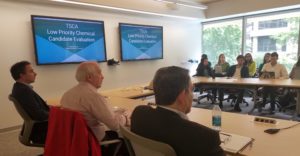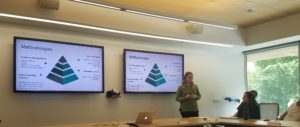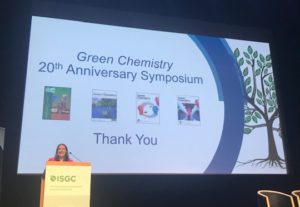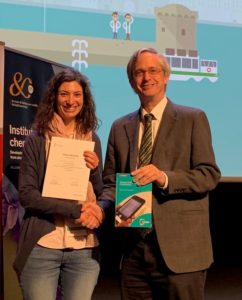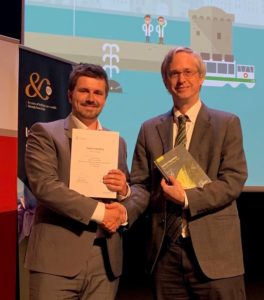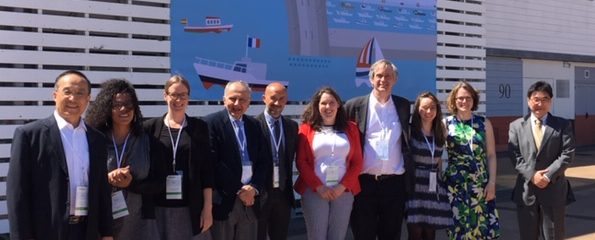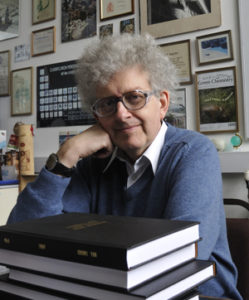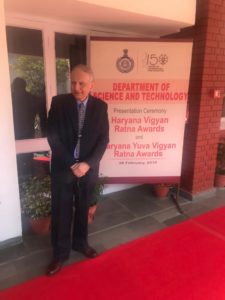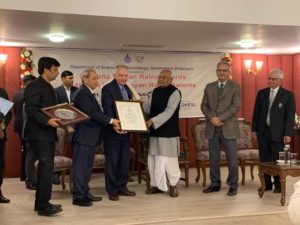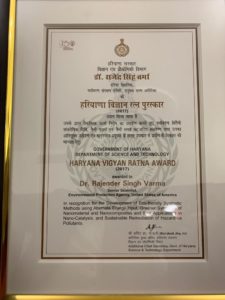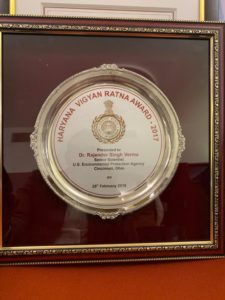Green Chemistry is pleased to announce our latest record-high Impact Factor of 9.405*.
Green Chemistry continues to lead the field as the home of innovative research for the development of alternative green and sustainable technologies.
Led by Editorial Board Chair Philip Jessop (Queen’s University, Canada), we welcome urgent Communications and full Papers demonstrating key advances in sustainability, as well as Reviews and Perspectives. The broad scope and interdisciplinary nature of the research published in the journal, coupled with rigorous peer review, ensures your work will attract the attention it deserves.
We would like to thank all our authors, readers, reviewers and Editorial & Advisory Board members for making Green Chemistry a unique forum for research that enables a greener sustainable future
Find the all the RSC’s journals newly published 2018 Impact Factors* here.
*The Impact Factor provides an indication of the average number of citations per paper. Produced annually, Impact Factors are calculated by dividing the number of citations in a year, by the number of citeable articles published in the preceding two years. Data based on 2018 Journal Citation Reports (Clarivate Analytics, 2019).












